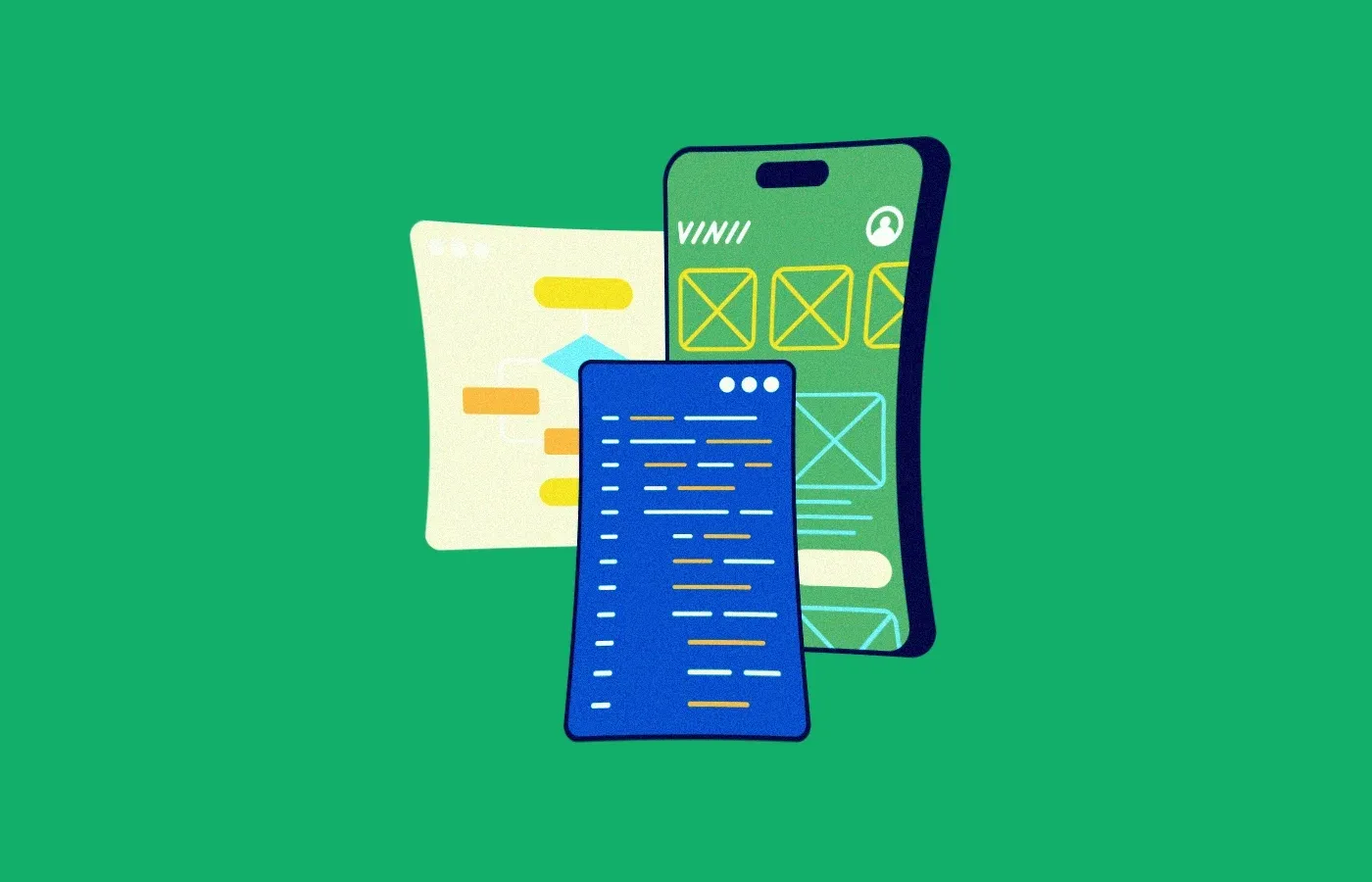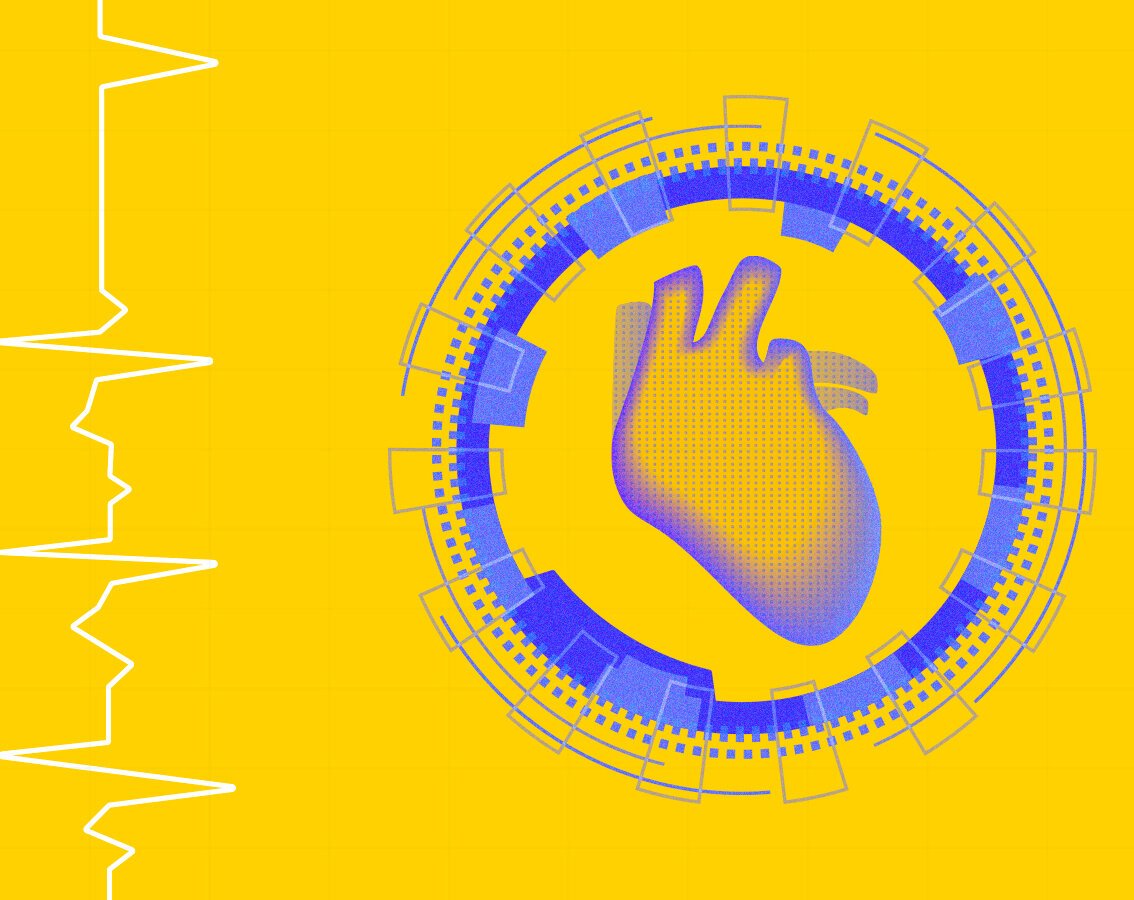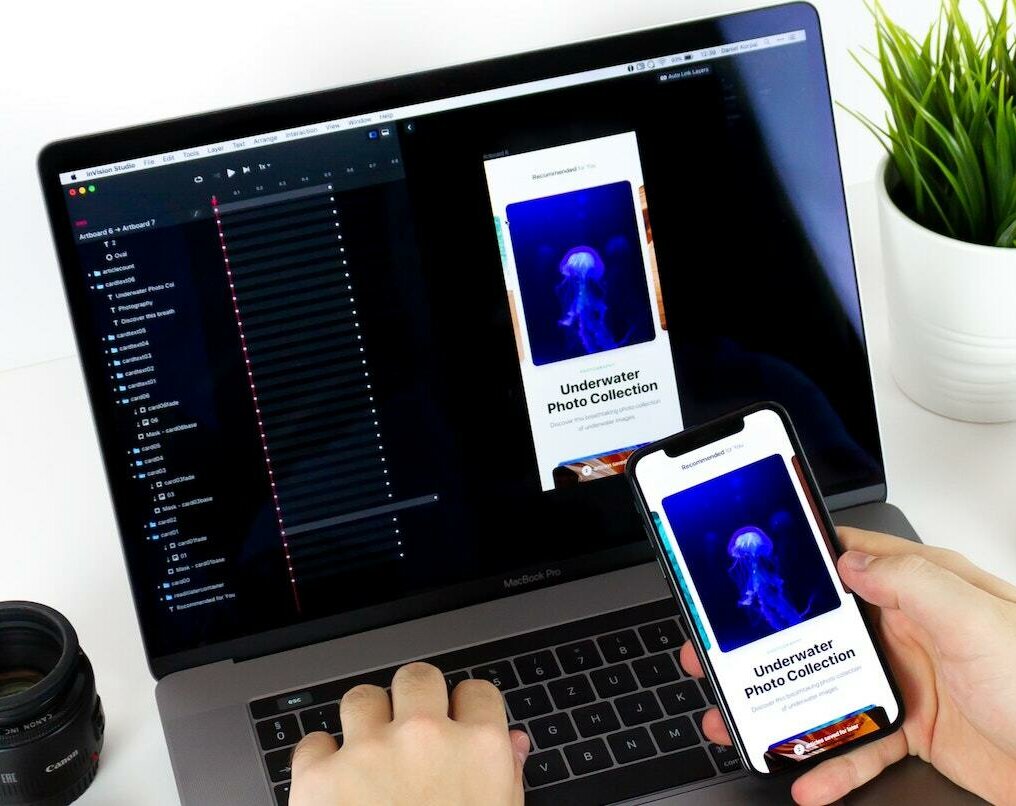blog
A Comprehensive Breakdown of App Development Costs
By Mohan S App development September 25, 2024

Introduction
Developing a mobile app requires careful planning, and one of its most important considerations is the cost. Whether you're looking to create a simple app or a complex one, understanding the cost breakdown is the first and most important step.
The cost to build a mobile app can vary a lot based on how complex it is. For a simple app, you might spend between S$6,800 and S$68,000. Apps with medium complexity usually cost between S$68,000 and S$164,000. For very complex apps, the cost can range from S$136,000 to S$180,000. These costs depend on how many features and how much development time the app needs.
Let's explore in detail an explanation of factors influencing these costs and help you understand how to plan your app development budget effectively.
What Does the App Development Cost Depend on?
App development cost can be complex to estimate because the cost estimate involves considering various app development stages, app development technologies, types of app development, and expertise. Each feature and process contributes to the overall complexity and scope of the project. Here is what to consider:
Further reading: What does it take to craft a mobile app strategy?
1. Supported Platforms
The number of platforms you want your app to run on substantially affects costs. Developing for a single platform (iOS or Android) is cheaper than creating a cross-platform app. If you aim for multiple platforms, expect increased development time and expenses. Learn more about hybrid vs native app development.
2. Geological Location
The cost of development also depends on the location of your development team. It is important to notice that the developers in Southeast Asia, including Singapore, tend to charge less compared to developers in North America or Europe while still offering quality service.
3. App Design Complexity
The more detailed and intricate your app’s design, the higher the cost. Custom animations, UX/UI elements, and interactive features take more time and effort, which eventually increases the overall price.
4. Type of Collaboration
Whether you choose to work with a freelancer, an in-house team, or a professional agency, this also affects the cost. Agencies tend to charge more but offer comprehensive services, while freelancers may be more affordable but might require closer, more hands-on management.
5. App Complexity
Apps with basic functionality, like information-based or static apps, are cheaper to develop. However, complex apps requiring real-time updates, multiple user roles, or third-party integrations will drive up the cost.
6. App Type
The type of mobile app you’re developing plays a role in its cost. For example, eCommerce apps, social media platforms, or fintech apps require more intricate features, such as payment gateways and security measures, which can increase development costs.
A basic app, like a restaurant's menu, provides static information without frequent updates. Complex apps, like ride-hailing apps (Uber), require real-time GPS tracking, dynamic user roles, payment integration, and constant updates, resulting in more effort and usage of advanced technologies.
7. App Field
The industry or field your app serves can also impact costs. Because healthcare and finance apps are more likely to need to maintain confidentiality, they may need more sophisticated security and additional compliance measures, which raises the total cost. Meanwhile, entertainment or educational apps may require more creative input, increasing the design and development budget.
Breakdown of App Development Costs in Singapore
This breakdown outlines the factors influencing costs, from simple apps with basic functionalities to complex applications requiring advanced technologies. Understanding these elements can help you better estimate and manage your development budget.
Native vs. Cross-Platform
When planning for app development, it's crucial to understand the cost implications for different app types. Here’s an overview of the average app development costs, tailored for Singapore:
1. Native App - Average Cost: S$68,000 – S$510,000
Native apps are developed specifically for a single platform, such as iOS or Android. This requires separate codebases for each platform, which increases the cost but delivers optimal performance.
2. Web App - Average Cost: S$82,000 – S$410,000
Web apps are built to run in browsers, offering cross-platform accessibility. These apps can be more expensive due to complex front-end and back-end integration, but they offer universal reach.
3. Hybrid App - Average Cost: S$75,000 – S$370,000
Hybrid apps use a single codebase to work across multiple platforms. While cost-effective compared to native apps, they might have performance limitations due to being wrapped in web technologies.
4. Cross-Platform App - Average Cost: S$65,000 – S$410,000
Cross-platform apps share a single codebase for both iOS and Android, making development faster and more cost-effective than native apps while still delivering good performance.
5. Low Code/No Code App - Average Cost: S$2,000 – S$8,700
For businesses looking to create simple applications, low-code/no-code platforms offer an affordable solution. However, these platforms are not suitable for complex, highly customized apps.
This cost breakdown gives a clearer picture of what to expect based on the type of app you plan to build in Singapore.
App Complexity: Simple vs. Medium vs. Complex
The degree of complexity in an app development project has a big impact on the final cost. Here's how complexity affects app pricing:
1. Simple App - Cost: S$50,000 – S$150,000
A basic app with minimal features and a simple user interface falls into this category. These apps are quick to develop and generally involve straightforward functionality like basic data input and display.
2. Medium Complexity App - Cost: S$90,000 – S$365,000
Apps with more features, custom UI, and integrations with third-party services require more development time. This level of complexity is typical for eCommerce, social networking, or multimedia applications.
3. Complex App - Cost: S$150,000 – S$550,000
Complex apps include advanced functionality such as real-time features, cloud storage, data analytics, and custom animations. These apps typically require robust backend development, multiple integrations, and longer development times.
Setting realistic deadlines and budgets for your project is made easier when you are aware of how complex your app is.
App Field
The field or category your app belongs to can also have a major impact on the development costs. Here are some examples of app fields and their respective cost ranges:
1. Social Media Apps - Cost: S$68,000 – S$680,000 & Time: 6-12 months
Social media apps require extensive backend development, real-time data handling, and user management, which significantly increases both development time and cost.
2. E-commerce Apps - Cost: S$41,000 – S$680,000 & Time: 4-12 months
E-commerce apps involve shopping cart integration, payment gateways, and user accounts, often necessitating custom solutions for product listings and transactions.
3. Gaming Apps - Cost: S$13,500 – S$680,000+ & Time: 2-12 months
Gaming apps vary widely in complexity, from simple puzzles to advanced 3D multiplayer experiences, which explains the broad cost and time range.
4. Educational Apps - Cost: S$34,000 – S$340,000 & Time: 3-6 months
These apps often require the inclusion of multimedia content, quizzes, and user progression tracking, adding complexity to the development process.
5. Health and Fitness Apps - Cost: S$68,000 – S$340,000 & Time: 4-6 months
Such apps often need to integrate with third-party health platforms, track physical activity, and handle sensitive health data, requiring a more secure infrastructure.
6. Travel and Hospitality Apps - Cost: S$34,000 – S$408,000 & Time: 3-8 months
These apps handle real-time data for bookings, navigation, and user-generated content, which can be complex to implement.
7. Productivity Apps - Cost: S$34,000 – S$340,000 & Time: 3-6 months
Productivity apps focus on streamlining workflows and enhancing efficiency, often requiring integrations with other software and tools.
8. On-demand Apps - Cost: S$68,000 – S$408,000 & Time: 4-8 months
On-demand apps typically connect users with services (like ride-hailing or food delivery) in real time, involving complex user management and GPS tracking features.
App Development Stages and Cost
App development is completed through a series of well-defined stages, each requiring a different level of effort and resources. From ideation to deployment, every step contributes to the final cost of the app. Here is a breakdown of these stages and the estimated developer hours needed at each phase:
1. Discovery and Research (60-80 hours)
This initial stage involves market research, competitor analysis, and gathering requirements to define the app's core functionalities and user expectations. It’s essential for creating a roadmap and estimating the project’s scope.
2. UI/UX Design (100-200 hours)
This stage focuses on creating wireframes and mockups to visualize how the app will look and function. Designers and developers work together to ensure a user-friendly interface and seamless experience.
3. App Development (500-2000 hours)
This is the most time-intensive stage where developers code the app’s front-end and back-end, integrate APIs, and implement core functionalities. The complexity of the app determines how long this phase will take.
4. Testing and QA (80-200 hours)
Quality Assurance involves rigorous testing to ensure the app is free of bugs, functions well across devices, and provides a smooth user experience. Both automated and manual tests are conducted during this phase.
5. Deployment and Launch (30-50 hours)
In the final stage, the app is deployed to app stores or internal systems. This stage involves preparing the app for submission, adhering to store guidelines, and post-launch monitoring for any initial issues.
Each of these stages requires a different level of expertise and effort, which contributes to the overall development cost.
Conclusion
App development costs can swing widely based on factors like complexity, platforms, and design. From the initial planning to the final launch, every stage demands significant time and resources. By grasping the cost breakdown, you can align your app project with both your budget and your goals, ensuring a successful and cost-effective development journey.


